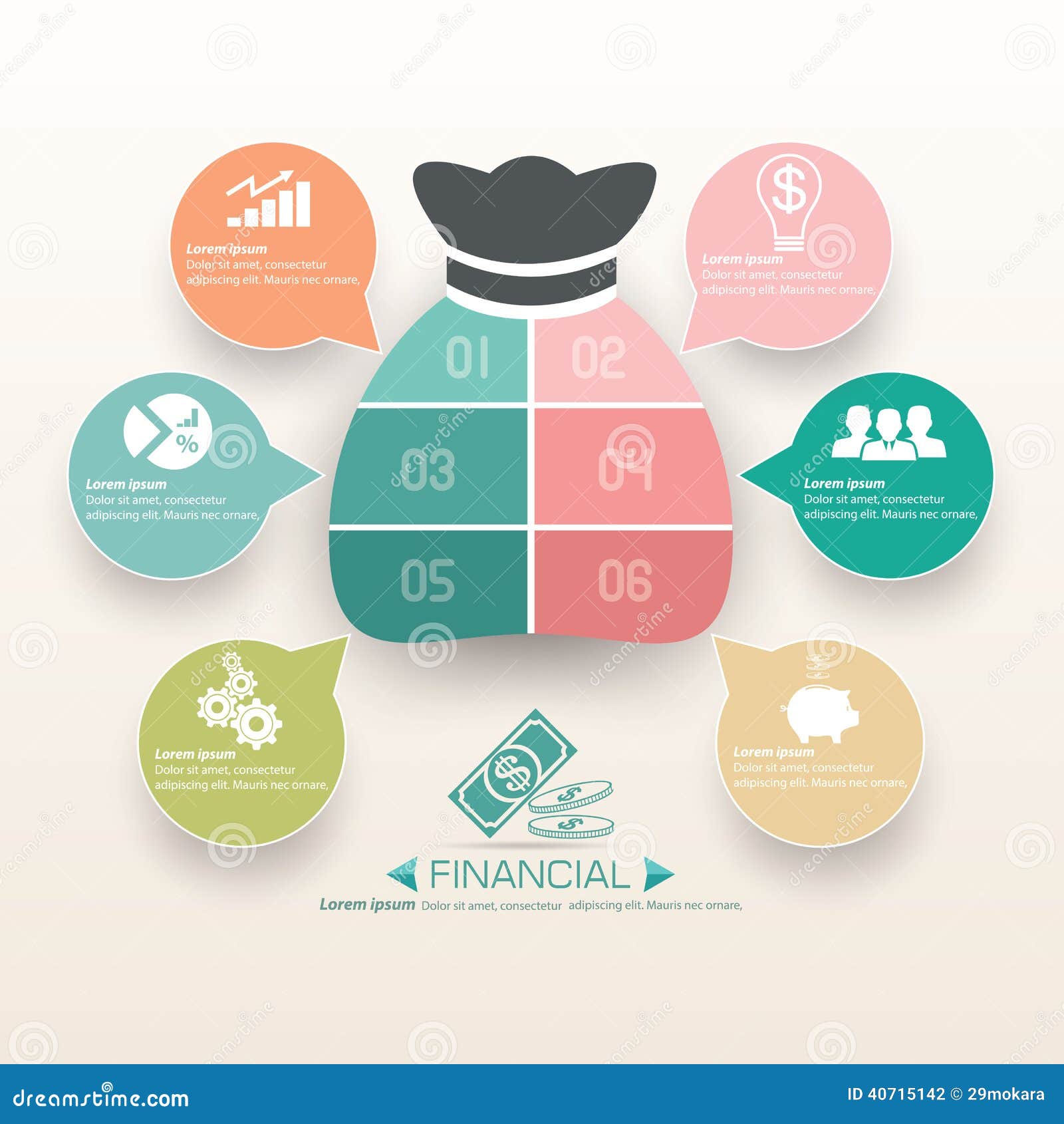The Effects Of Stopping Working To Fulfill A Performance Bond
The Effects Of Stopping Working To Fulfill A Performance Bond
Blog Article
Web Content Author-
When a surety issues a performance bond, it assures that the principal (the party that acquires the bond) will fulfill their responsibilities under the bond's terms. If the principal falls short to fulfill these commitments and defaults on the bond, the surety is accountable for covering any losses or problems that result.
1. Loss of reputation: Back-pedaling a performance bond can harm the principal's credibility and reliability, making it more challenging to secure future organization or funding.
2. Legal and management costs: The guaranty might require to pay legal and administrative expenses associated with seeking the principal for damages or trying to fix the scenario.
3. Economic losses: The guaranty might need to cover the cost of finishing the task or offering the services that the principal fell short to deliver. This can result in significant monetary losses for the surety.
4. Boosted premiums: If the principal has a background of back-pedaling performance bonds, they might be required to pay higher premiums in the future to acquire the necessary bonding.
On the whole, defaulting on a performance bond can have serious financial repercussions for both the principal and the surety . It is necessary for principals to thoroughly consider their commitments and guarantee they have the ability to satisfy the terms of the bond to avoid these adverse results.
Defaulting on an efficiency bond can be a pricey bad move for companies. When you fall short to meet the bond's obligations, the financial consequences can be substantial. From paying the full bond amount to prospective legal fights and harmed connections, the repercussions can reverberate throughout your service procedures. Recognizing the intricate internet of economic impacts that back-pedaling a performance bond can have is important for safeguarding your company's financial wellness and reputation.
Financial Penalties for Defaulting
If you back-pedal an efficiency bond, you'll likely encounter significant punitive damages. These charges can differ relying on the terms of the bond arrangement but typically include paying the bond quantity in full to the obligee. This means that if you stop working to fulfill your contractual responsibilities, you must pay the bond amount to the task owner or the entity that needed the bond.
Furthermore, you might also be responsible for any extra prices sustained by the obligee due to your default, such as finding a substitute service provider or covering task delays.
Back-pedaling an efficiency bond can also cause lawful costs and court prices if the obligee decides to take legal action against you to recoup the bond amount. These costs can rapidly build up, additional worsening the monetary effect of your default. It's important to carefully assess and comprehend the terms of the efficiency bond to prevent these severe punitive damages.
Effect On Company Capital
Defaulting on a performance bond can significantly impact your company cash flow, affecting monetary stability and operational capabilities. When you back-pedal an efficiency bond, you risk losing the bond amount, which can be a substantial sum. This loss directly affects your cash flow, as you'll need to locate alternative sources of moneying to cover the bond quantity. Moreover, skipping can cause enhanced analysis from guaranties, making it more challenging and more costly to safeguard bonds in the future. This can further stress your cash flow as you may require to allot added resources to satisfy bonding demands.
The impact on your cash flow does not quit there. Defaulting on an efficiency bond can also cause job hold-ups or cancellations, resulting in a loss of profits. In addition, the negative credibility that includes defaulting can discourage possible clients, better minimizing your cash flow. Generally, defaulting on an efficiency bond can have damaging impacts on your company's economic health and wellness and capability to run efficiently.
Lawful Implications and Lawsuits
Facing lawful implications and possible lawsuits because of back-pedaling a performance bond can dramatically impact your business's track record and monetary standing. When https://mylesqlfau.blogadvize.com/34202789/think-about-the-benefits-of-energy-bonds-which-can-provide-a-constant-foundation-for-your-economic-future -pedal an efficiency bond, the guaranty business might take lawsuit to recuperate the bond amount paid. This could result in expensive legal costs, court expenditures, and prospective negotiations or judgments against your service.
In addition, back-pedaling a performance bond might result in harmed connections with clients, subcontractors, and providers, impacting your ability to safeguard future contracts. Claims occurring from bond defaults can taint your company's reputation in the sector, making it testing to bring in new companions or customers.
Furthermore, if the default brings about a court judgment against your service, it might lead to property seizure or liens, better stressing your financial security. As a result, it's critical to comprehend the lawful implications of back-pedaling a performance bond and take positive steps to alleviate the dangers included.
Verdict
As you deal with the effects of defaulting on an efficiency bond, remember this: it resembles strolling a tightrope without a safety net. One incorrect relocation can send you plummeting into a financial freefall, with no method to quit the fall.
The financial penalties, cash flow impact, and legal implications are all waiting to catch you if you slip up. So walk meticulously, and always recognize your commitments to stay clear of the harsh effects of default.
